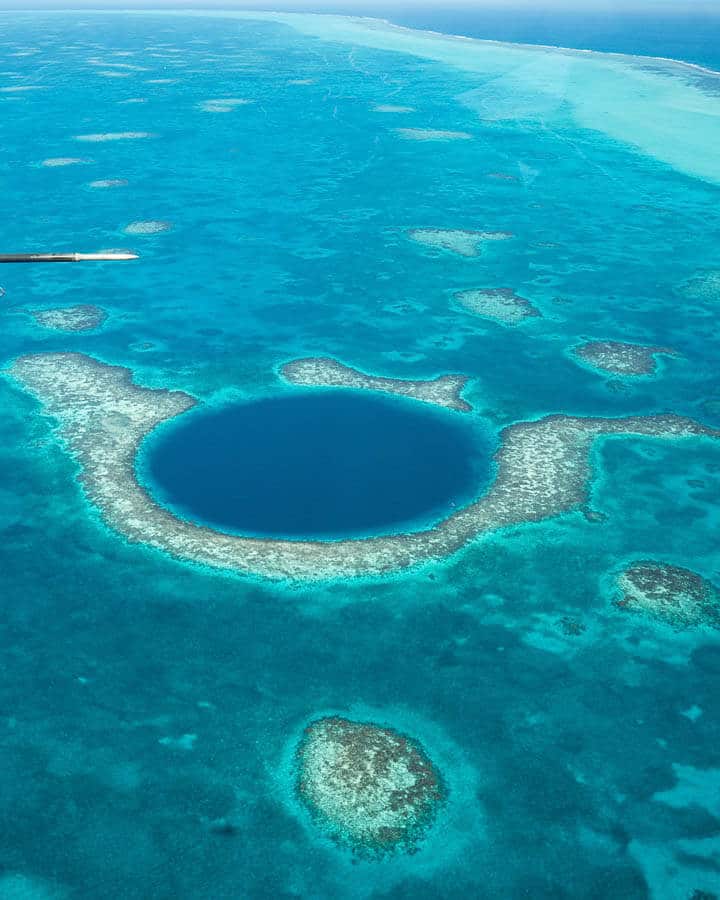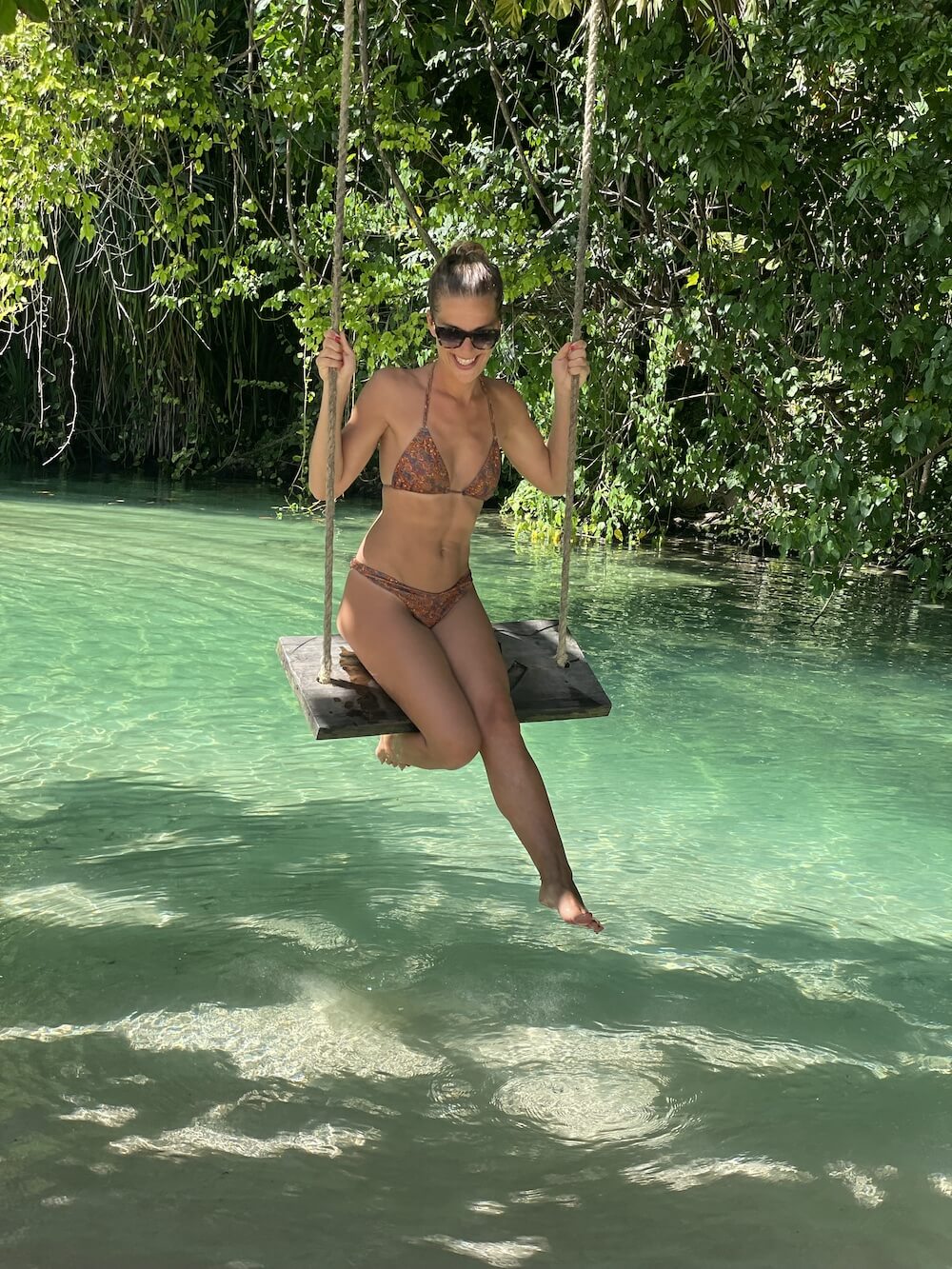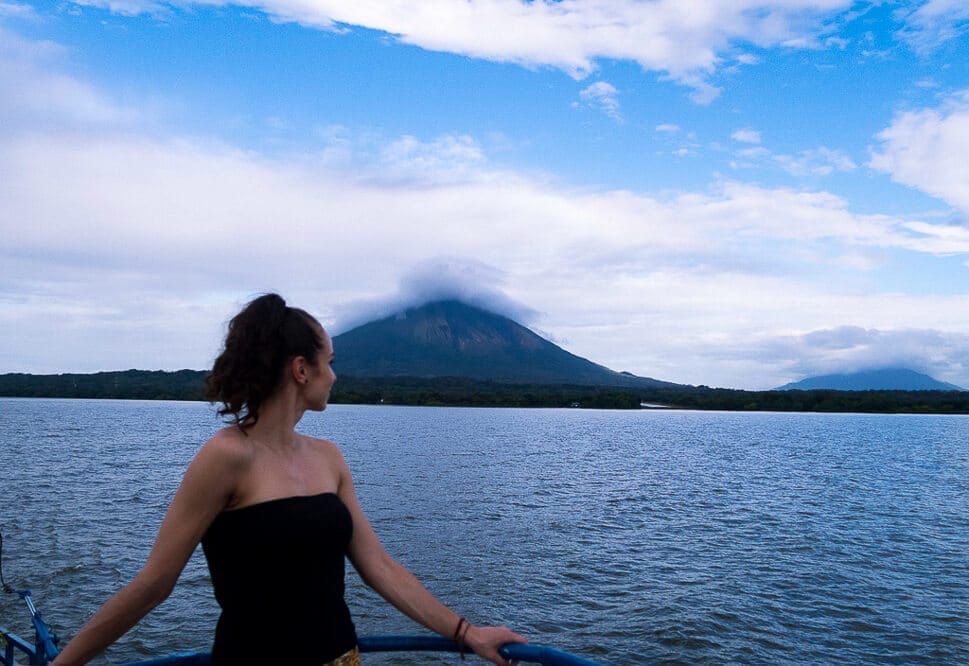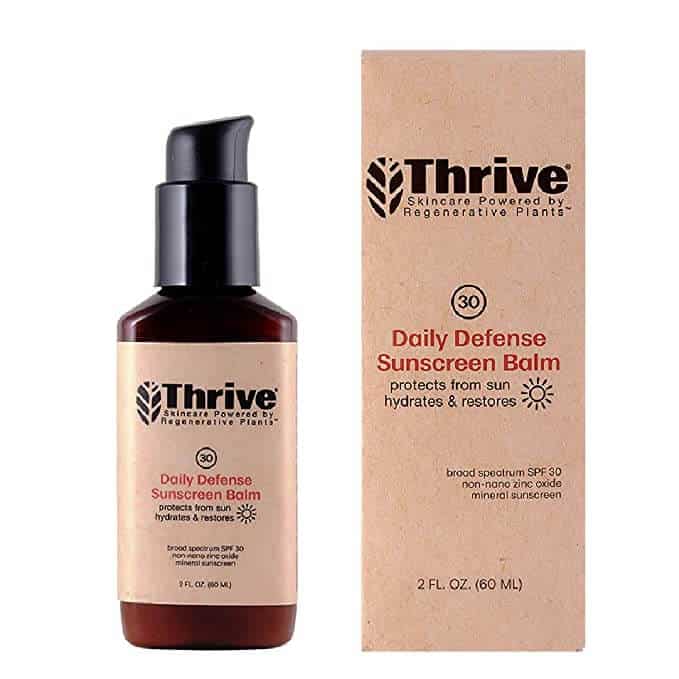Protect yourself and the reef with eco-friendly sunscreens
As we become more aware of the impact our actions have on the environment, “reef-friendly” sunscreen has become a buzzword. But what does it really mean? And is it actually safe for our oceans? The answer is not so clear-cut. While some studies suggest that certain sunscreen ingredients can be harmful to coral reefs, and when they’re washed off our skin and into the ocean, they can damage these beautiful creatures.
Others argue that the impact is minimal. Michael Gonsior, PhD, an expert in the field, warns that the information we have now is contradictory and evolving.
Why you should use reef-safe sunscreens
It’s clear that more research is needed to understand the effects of sunscreen on our oceans, but in the meantime, it can’t hurt to opt for reef-friendly options. As consumers, we have the power to make informed choices and contribute to a healthier planet.
So what can you do to protect yourself and the reef? Read on for our guide to eco-friendly sunscreens!
What is coral bleaching
Coral bleaching is a significant concern as the largest living organism on Earth depends on the symbiotic relationship with algae. Without this partnership, the coral loses its color and can eventually die.
In a recent study, researchers from Stanford University found that the chemical oxybenzone, commonly found in sunscreen, can exacerbate coral bleaching by turning into a toxin when exposed to UV light.


What does reef-safe mean?
Unfortunately, there is no standard definition or regulation for this term. Some sunscreens with this claim omit oxybenzone and octinoxate, while others consist of entirely mineral ingredients such as titanium dioxide and zinc oxide. Reef-safe sunscreen is supposed to be free of harmful chemicals that can damage coral reefs. It’s important to note that the definition of reef safe is constantly evolving as public awareness grows and research continues in this field.
Why is reef-safe sunscreen important?
Did you know that every time you apply sunscreen and jump into the ocean, you could be harming our precious coral reefs? It’s estimated that between 25 to 60 million bottles worth of sunscreen chemicals are washed off into coral reef areas each year! And the problem doesn’t end there – when we shower, these chemicals can wash off our skin and pollute wastewater that ultimately reaches the ocean as well. As someone who cares deeply about the environment, I urge you to switch to reef-friendly sunscreen.

Tips for choosing eco-friendly sunscreen
There are a few things you can look for when shopping for eco-friendly sunscreen.

1. Watch our for the following ingredients
These ingredients are associated with coral bleaching and other oceanic damage:
- Oxybenzone
- Octinoxate,
- PABA (para-aminobenzoic acid)
- 4-Methylbenzylidene camphor
- No Nano-particles: Sunscreens made with nano-particles are more easily absorbed into the skin, but can be toxic to aquatic life. Avoid sunscreens that contain nanoparticles or microbeads
2. Reef-safe all the way
Make sure to buy sunscreens that are biodegradable and have a recyclable container. You want to avoid any product that might end up polluting the ocean!
What kind of sunscreen is safe for the ocean?
Coral-friendly sunscreens are free of harmful chemicals that can damage coral reefs. Some eco-friendly sunscreens include zinc oxide and titanium dioxide, which provide natural sun protection without harming the reef. There are a few different types of eco-friendly sunscreens on the market.
Mineral sunscreen: These sunscreens use titanium dioxide or zinc oxide to reflect UV rays away from your skin. They don’t contain any chemicals that could be harmful to you or the environment. The downside of most mineral sunscreens is the difficulty of applying them. It’s hard to rub them in without a thick white layer on your skin. However, some newer formulas are easier to apply and look more natural.
Organic sunscreen: Organic sunscreens are made with plant-based ingredients like aloe vera, green tea extract, and chamomile. They’re good for protecting your skin from both UVB and UVA rays. However, they may not provide enough protection on their own. So it’s important to use a combination of both mineral and organic sunscreens for maximum protection.


Final thoughts on ocean-friendly sunscreen
We all want to protect our skin from harmful UV rays, but it’s just as important to make sure we’re protecting the environment too. By choosing reef-safe sunscreens, you can enjoy the sun without worrying about harming our precious coral reefs.
Every little bit helps when it comes to protecting our planet and its creatures.
Do you have any tips for choosing eco-friendly sunscreen? Let us know in the comments below! And don’t forget to share this post with your friends to spread the word!
The best reef-friendly sunscreen
Luckily, there are plenty of options when it comes to reef-friendly sunscreens. And out of them all, we’ve found the best reef-friendly sunscreen that’s also skin-friendly. No more thick white cast or greasy texture -new formulas rub in easily and leave your skin feeling smooth and moisturized.
Here are my tried and tested favorites
Thrive
All-natural daily face lotion with SPF 30 hydrates, nourishes, and revitalizes skin while providing broad-spectrum protection against UVA/UVB rays. The sunscreen is completely reef-safe and does leave almost no white cast. I love that even when sweating, the lotion stays put and does not make my eyes water.
Raw Elements
This brand offers the best reef-friendly sunscreen out there – and it packs a serious punch in terms of other benefits, too. First of all, it’s EWG top-rated, meaning you can trust that it’s effective. Plus, it’s gentle enough for all ages to use, so it’s a great choice for families. The natural and organic formula means it’s free of synthetic chemicals and stuffed with nourishing ingredients. And of course, it’s reef-safe and biodegradable. All in all, Raw Elements sunscreen is basically the superhero of sun protection.
Need practical packing tips?
Read more!More on sustainable traveling
Over-tourism- how traveling affects the world
Traveling has become a mega industry in recent years and continues to grow. Usually, it is also one of our favorite things to write about. Yet, we feel like it’s time to express some concerns and worries.
LARQ Water Bottle Review: Honest Insights on Purification and Filtration
Curious about the LARQ water bottle? In this review, I share my personal experience testing the LARQ Bottle PureVis™ 2, including its UV-C purification, filtration features, and whether it’s worth the investment for safe, clean water on the go.
Great Huts: Eco Paradise on the Edge
Duration: at least 3 days Budget: $ 125 per dayFor years I sat on Boston Bay’s sand, staring at the high cliff across the water. I could just make out a pair of stone pools clinging to the edge and a wooden gate marked Great Huts. I kept wondering, What’s up there?...
Is it still ok to book an AirBnb?!
Wondering if it’s still ethical to book an Airbnb? Explore the pros and cons through a lens of sustainable and fair tourism. Learn how your choice impacts local communities, housing markets, and the environment, plus tips for booking responsibly.
Yunguilla | Community Tourism in Ecuador’s cloud forest
Discover Yunguilla, a sustainable project by 30 indigenous Quichua families in Ecuador’s cloud forest. Enjoy eco-friendly farming, bird-watching, waterfall treks, and cultural workshops since 2000.
Exploring the Essence of Community Tourism
Discover how community tourism offers authentic travel experiences by connecting with locals, supporting sustainable initiatives, and preserving cultural heritage. Explore personal stories, hidden gems, and meaningful adventures that inspire a deeper connection to the places you visit.
Supergoop sunscreen review | Is it worth the extra $$$ ?
I’ve become quite the sunscreen connoisseur. And let me tell you, Supergoop has completely revolutionized my travel skincare game. Here’s why I’m head over heels for their products and why I think every traveler should give them a try.
The Ultimate Guide to Vegan Sunscreen: Protect Your Skin Ethically in 2024
Discover the best vegan sunscreens! Learn about cruelty-free, plant-based ingredients that shield your skin from harmful UV rays while aligning with your ethical choices. Dive in now!
My Global Quest for the Best Natural Deodorants
I’m about to take you on a whirlwind tour of the best natural deodorants for women in 2024. Trust me, your armpits (and your travel companions) will thank you later!
Cultural Sensitive Travel | A Guide to Respectful Travel
Travel is undeniably a privilege, often inaccessible to many locals due to visa restrictions and lingering effects of colonial history. Acknowledging this privilege highlights the importance of practicing cultural sensitivity and ensuring that tourism positively impacts the vibrant communities of the Caribbean.











